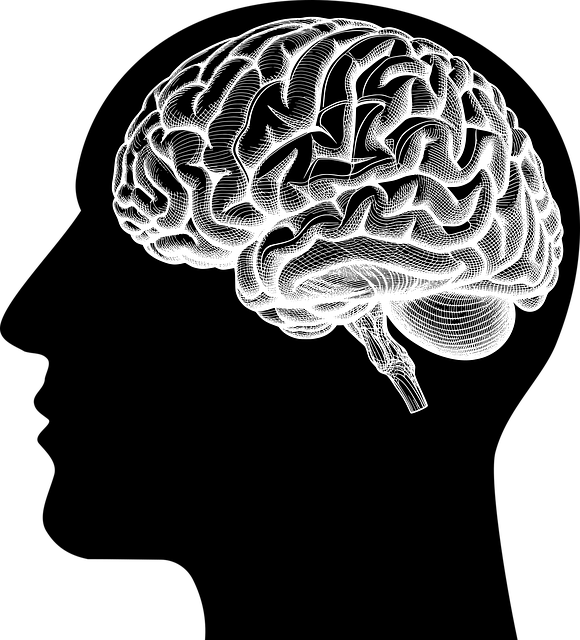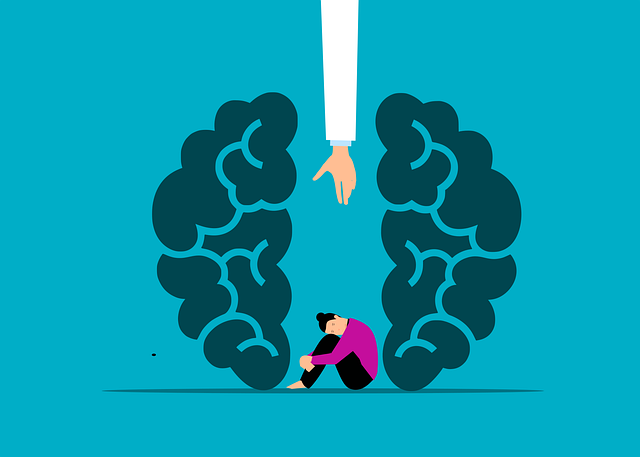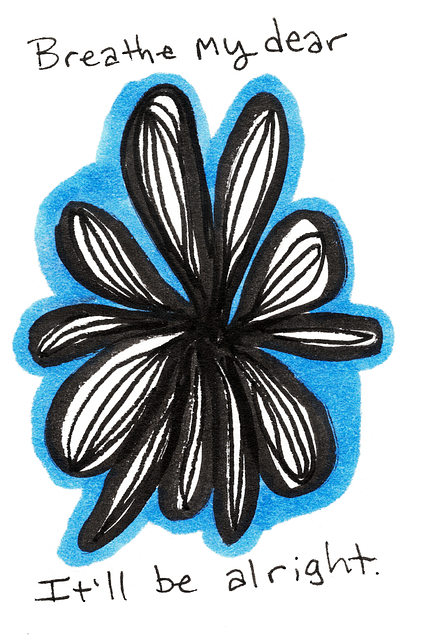Louisville Bipolar Disorder Therapy focuses on empowering individuals with specialized care, coaching, and stress management workshops. Through evidence-based techniques like CBT and mindfulness, coaching programs help clients develop emotional regulation skills, foster positive mindsets, and implement healthy coping strategies. Combining face-to-face sessions, phone coaching, and online platforms, these programs offer tailored therapy for improved mood management, resilience, and overall mental wellness while addressing bipolar disorder effectively. Evaluating success involves standardized tools, patient retention rates, feedback from healthcare providers, and cultural sensitivity, leading to better clinical outcomes.
In Louisville, mental wellness coaching programs are gaining traction as a crucial approach to supporting individuals managing bipolar disorder. This article delves into the development of such programs, exploring key components and strategies for effectiveness. We examine the specific role of coaching in navigating bipolar disorder, implementation methods, and measuring success through evaluating Louisville’s bipolar disorder therapy programs. By understanding these elements, we can enhance mental health support and improve outcomes for those affected by this condition.
- Understanding Mental Health Challenges: A Look at Bipolar Disorder in Louisville
- The Role of Coaching in Supporting Individuals with Bipolar Disorder
- Designing Effective Wellness Coaching Programs: Key Components and Strategies
- Implementation and Delivery Methods for Coaching Interventions
- Measuring Success and Impact: Evaluating Louisville's Bipolar Disorder Therapy Programs
Understanding Mental Health Challenges: A Look at Bipolar Disorder in Louisville

In Louisville, understanding mental health challenges is a crucial step towards fostering better mental wellness. Bipolar disorder, characterized by extreme mood swings ranging from manic episodes to deep depression, significantly impacts individuals’ daily lives. This condition often requires specialized therapy and support networks for effective management. Louisville Bipolar Disorder Therapy focuses on empowering individuals to navigate these fluctuations and lead fulfilling lives.
Self-care routine development plays a pivotal role in this journey. Mind over matter principles encourage patients to cultivate mindfulness and resilience, making stress management workshops within organizations an increasingly popular strategy. These workshops not only teach coping mechanisms but also promote a culture of mental health awareness, ensuring individuals feel supported and equipped to handle the challenges that bipolar disorder presents.
The Role of Coaching in Supporting Individuals with Bipolar Disorder

Coaching plays a pivotal role in supporting individuals living with bipolar disorder by providing them with essential tools and strategies for navigating their mental health journey. Through personalized sessions, coaches help clients develop coping mechanisms tailored to their unique experiences. By fostering self-awareness and emotional regulation skills, coaching empowers those affected by bipolar disorder to manage symptoms effectively.
In Louisville Bipolar Disorder Therapy, emotional healing processes are at the core of coaching practices. Coaches employ compassion cultivation practices to create a safe and non-judgmental space, encouraging clients to explore their feelings and thoughts openly. These sessions facilitate the exploration of triggers, help individuals recognize early warning signs, and teach them how to implement healthy coping strategies for stabilization. Moreover, emotional well-being promotion techniques are integrated into coaching programs to enhance resilience, foster a positive mindset, and encourage self-care practices that contribute to overall mental wellness.
Designing Effective Wellness Coaching Programs: Key Components and Strategies

In designing effective wellness coaching programs for conditions like Louisville Bipolar Disorder Therapy, a multifaceted approach is essential. The key components include establishing clear goals tailored to individual needs, incorporating evidence-based techniques such as cognitive behavioural therapy (CBT) and mindfulness practices, and fostering an environment of non-judgmental support. Coaches should be trained in emotional regulation strategies, promoting positive thinking, and teaching stress management skills to help clients navigate their mental health journeys.
Wellness coaching programs should also encourage self-awareness through regular reflection exercises, helping individuals identify triggers and develop personalized coping mechanisms. Incorporating educational components about bipolar disorder can empower clients to better understand their condition and challenge any stigma associated with it. Ultimately, a successful program fosters resilience, enhances emotional intelligence, and enables individuals to lead fulfilling lives while managing their mental health effectively.
Implementation and Delivery Methods for Coaching Interventions

The implementation and delivery methods for coaching interventions play a pivotal role in the success of mental wellness programs, particularly when addressing conditions like bipolar disorder in Louisville. These programs often utilize a combination of face-to-face sessions, telephone coaching, and online platforms to cater to diverse client needs. For instance, initial assessment and planning can be conducted in-person, allowing for a thorough understanding of the individual’s experiences and goals. Subsequently, regular check-ins via phone calls facilitate ongoing support and accountability while providing an accessible option for those with busy schedules or mobility challenges.
Online coaching platforms offer flexibility, enabling clients to access sessions from the comfort of their homes. This is particularly beneficial for individuals seeking discreet and convenient trauma support services or emotional well-being promotion techniques. With the right blend of delivery methods, Louisville Bipolar Disorder Therapy can be tailored to enhance mood management skills, foster resilience, and promote overall mental wellness, ensuring a comprehensive and personalized approach.
Measuring Success and Impact: Evaluating Louisville's Bipolar Disorder Therapy Programs

Evaluating the success and impact of Louisville Bipolar Disorder Therapy programs is a multifaceted process that goes beyond mere patient satisfaction surveys. It involves assessing improvements in symptom management, mood stability, and overall quality of life using standardized tools like the Mood Spectrum Scale and the Patient Health Questionnaire (PHQ-9). This comprehensive evaluation allows mental wellness coaches to quantify the program’s effectiveness, identifying areas of strength and weakness for continuous improvement.
Additionally, factors such as patient retention rates, adherence to treatment plans, and feedback from both patients and healthcare providers contribute to a holistic understanding of the program’s success. Integrating risk management planning for mental health professionals ensures that any potential challenges or setbacks are promptly addressed, further enhancing the therapeutic outcomes. Louisville Bipolar Disorder Therapy programs that embrace mind over matter principles and cultivate cultural sensitivity in mental healthcare practice have shown improved patient engagement and better clinical outcomes.
Mental wellness coaching programs, particularly tailored for individuals with bipolar disorder in Louisville, have shown significant potential as complementary therapies. By integrating key components and strategies outlined in this article, such as personalized goal-setting, education, and skills training, coaches can effectively support those navigating bipolar disorder’s challenges. Implementation through various delivery methods ensures accessibility, while rigorous evaluation metrics enable continuous improvement of these programs, ultimately enhancing the well-being of individuals affected by bipolar disorder in Louisville.











